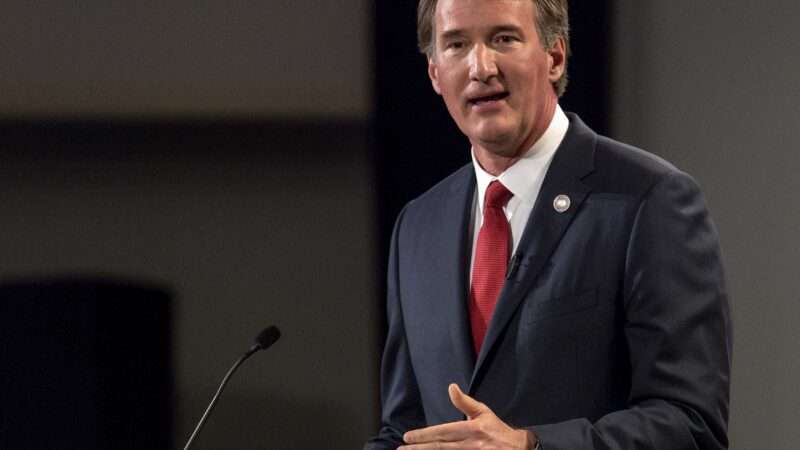
In Virginia, you will soon no longer need a college degree to be eligible for most jobs in the state government. Starting next month, almost 90 percent of state government jobs will stop requiring applicants to have a college degree and stop giving preference to those who do.
“On day one we went to work reimagining workforce solutions in government and this key reform will expand opportunities for qualified applicants who are ready to serve Virginians,” Virginia Gov. Glenn Youngkin (R) said in a Tuesday press release. “This landmark change in hiring practices for our state workforce will improve hiring processes, expand possibilities and career paths for job seekers and enhance our ability to deliver quality services.”
The move comes on the heels of similar policy changes in a handful of other states. In March 2022, Maryland Gov. Larry Hogan (R) announced that the state would be removing the college degree requirement for thousands of state government jobs. Soon after, governors in Pennsylvania, Alaska, Colorado, New Jersey, and North Carolina enacted similar changes.
This shift even attracted the praise of former President Barrack Obama, who tweeted earlier this year, “Here’s an example of a smart policy that gets rid of unnecessary college degree requirements and reduces barriers to good paying jobs. I hope other states follow suit!”
Virginia’s Secretary of Labor Bryan Slater stressed in the Tuesday press release that the state’s new policy would open up new opportunities for thousands of qualified applicants who simply don’t have a college degree. He added that state officials are “also working hard to examine regulated occupations and professions to find ways to simplify and speed up credentialing processes and universal licensing recognition for individuals who want to live and work in Virginia.”
While these changes are welcome, the rest of the labor market hasn’t quite caught up. Though degree inflation can be hard to measure, one report from Harvard Business School researchers found that for a mid-level supervisor position, 67 percent of employers required a college degree, but only 16 percent of current workers in the position had the credential. But this inflation is in sharp contrast to a reality where college enrollment rates are plummeting and Americans are increasingly saying that a college degree isn’t worth the cost.
In removing college degree requirements for the vast majority of state government jobs, several governors are making an encouraging response to rapid degree inflation, opening positions to individuals who are qualified based on past on-the-job experience rather than a university credential.
Despite concerns from some detractors of these policies, there’s plenty of reason to think that a college degree doesn’t actually provide extra job skills. Outside of a few obvious exceptions—clearly, doctors and engineers need higher education—most college degrees act as what George Mason University economics professor Bryan Caplan calls a “signaling” mechanism—something that shows employees that you have desirable traits, like an ability to show up on time and take direction.
“The labor market doesn’t pay you for the useless subjects you master; it pays you for the preexisting traits you signal by mastering them,” Caplan wrote in The Atlantic in 2018. “Every college student who does the least work required to get good grades silently endorses the theory. But signaling plays almost no role in public discourse or policy making. As a society, we continue to push ever larger numbers of students into ever higher levels of education. The main effect is not better jobs or greater skill levels, but a credentialist arms race.”
The increase in state governments deciding to remove college degree requirements from most job postings will expand employment opportunities for thousands of qualified individuals. More state governments—and private employers—should follow in their lead.
The post In Virginia, No Degree Is No Problem appeared first on Reason.com.
from Latest https://ift.tt/lCWpocb
via IFTTT